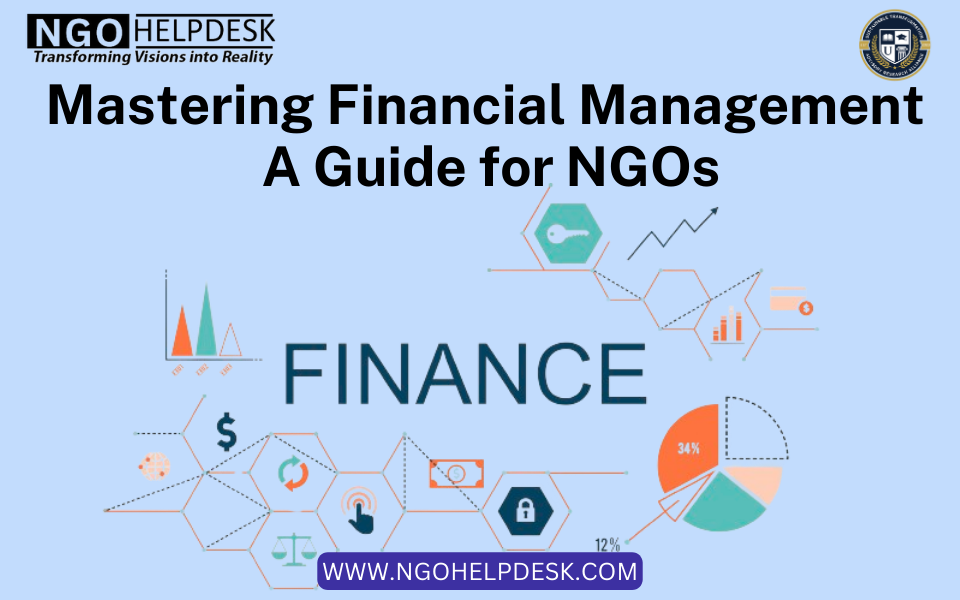

Introduction:
Embarking on the journey of establishing a Non-Governmental Organization (NGO) is a noble pursuit fueled by the desire to effect positive change. However, before you can dive into your mission wholeheartedly, it’s imperative to navigate the legal landscape surrounding NGO registration. This comprehensive guide illuminates the essential legal requirements, ensuring a smooth and compliant registration process for your NGO.
Understanding the Legal Framework:
NGOs operate within a structured legal framework that varies across jurisdictions. This framework encompasses laws and regulations tailored to govern non-profit organizations, ensuring accountability, transparency, and adherence to societal standards. Familiarizing yourself with this legal landscape is pivotal for establishing a solid foundation for your NGO’s operations.




Key Registration Requirements:
Navigating the intricacies of NGO registration begins with understanding the core requirements mandated by regulatory authorities. These requirements typically include:
- Eligibility Criteria: Ensure your NGO aligns with the stipulated eligibility criteria, demonstrating a clear charitable, humanitarian, or socially beneficial purpose.
- Documentation: Prepare essential documents such as a mission statement, bylaws, board member details, and financial records to substantiate your organization’s legitimacy.
- Registration Forms: Complete the requisite registration forms, providing detailed information about your NGO’s structure, activities, and leadership.
- Tax-Exempt Status: Explore the process of obtaining tax-exempt status, which grants your NGO exemption from certain taxes and enhances its financial sustainability.
- Compliance and Reporting: Comply with ongoing reporting and compliance obligations post-registration, encompassing financial reporting, fundraising regulations, and governance standards
Navigating Fundraising Regulations:
Fundraising serves as a lifeline for NGOs, enabling them to fulfill their missions and impact communities positively. However, fundraising activities are subject to regulatory oversight, necessitating compliance with relevant laws and regulations. Conduct thorough research on fundraising regulations in your jurisdiction, including registration requirements for fundraising campaigns, solicitation methods, and donor disclosure obligations.
Ensuring Sound Governance Practices:
Sound governance practices are fundamental to the long-term success and credibility of NGOs. Establish robust governance frameworks encompassing transparent decision-making processes, conflict-of-interest policies, and regular board oversight. Prioritizing governance fosters accountability, mitigates risks, and fortifies your NGO’s resilience against external challenges.
Conclusion:
Navigating the legal requirements for NGO registration is a pivotal step in laying the groundwork for your organization’s journey towards impactful change. By understanding the legal framework, fulfilling registration criteria, and adhering to compliance obligations, you pave the way for a compliant, transparent, and sustainable NGO. Embrace these legal consideration





